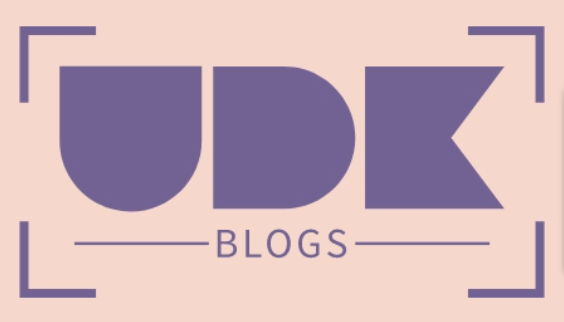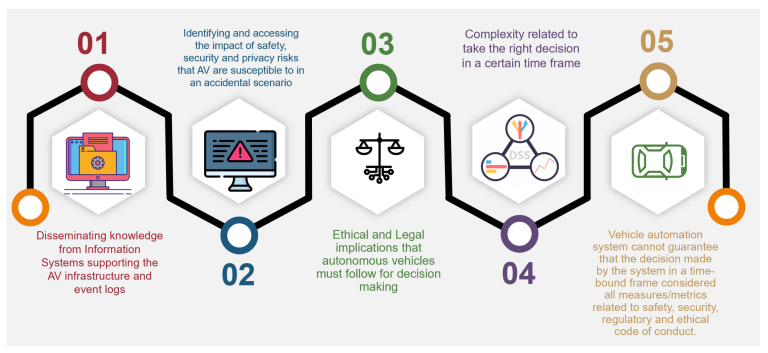Introduction: The Modern Landscape of Biotechnology
During the gradual shift of our world into the next age, it becomes increasingly clear that the balance between technological advancement and regulatory challenges of biotechnology advancements is not easy to maintain. In the modern landscape of biotechnology, we see that rapid progress leading to the development of powerful technologies such as genetically modified organisms (GMOs), synthetic biology, artificial intelligence, and cutting-edge research and development in the life sciences, significantly transforming our world. The United States, amongst other nations, is leading the globe in this relentless march forward in the biotechnology sector.
The integration of these emerging technologies into our social and economic ecosystems has generated new opportunities but also posed potential threats to public health, national security, and environment, raising vexing scientific, ethical, and societal questions. Hence, there is an increasingly urgent need for a system of checks and balances, often referred to as a regulatory framework, to manage biotechnology research and products.
The Broad Scope of Biotechnology
Biotechnology’s scope is broad and encompasses several sectors: from agricultural biotechnology involving genetically modified organisms (GMOs) to next-generation gene editing techniques like CRISPR, gene drives, and advanced synthetic biology. In addition, many elements of artificial intelligence involve biotechnology, blurring the lines between the organic and inorganic realms further.

